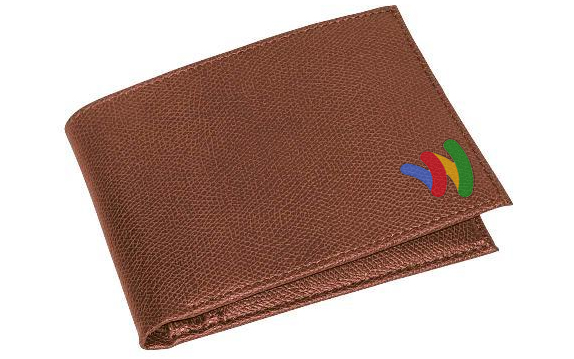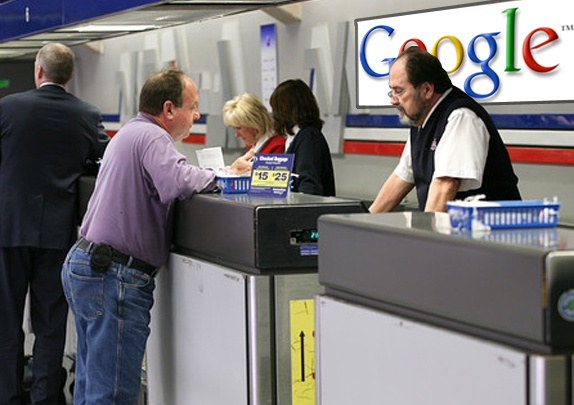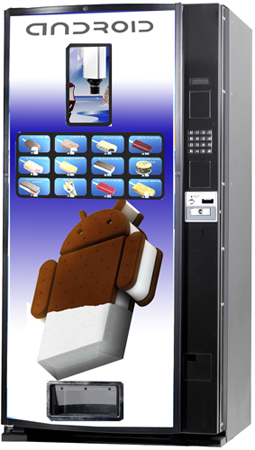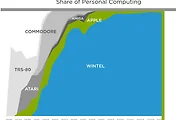애플에 이어 구글, MS, 아마존와 같은 거대 IT 기업들이 오프라인 스토어를 열려고 하고 있다.
2001년에 애플이 애플 스토어를 열었을 때, 애플이 정말 고통스럽고도 값비싼 실수를 저지르고 있다고 혹독한 비평한 비평가도 있었다.
그러나 지금 수백개의 애플 스토어가 매년 수십억 달러를 애플에 안겨주고 있다. 미국에서 단위 면적당 그 정도의 매출을 올리는 소매점은 존재하지 않는다.
이제 애플의 경쟁자들도 애플의 성공을 따라하고자 하고 있다. MS는 올해 2개의 매장을 뉴욕에 연다고 지난 주 발표했고, 아마존은 시애틀에, 구글은 두블린에 각각 소매점을 연다고 한다.
이들 디지털 시장의 거인들이 오프라인 마켓에서 도대체 무엇을 팔까?
소매점이니만큼 당연히 물리적인 제품을 팔 것이다.
하지만 그들이 정작 팔고 싶은 것은 그들의 "브랜드"이다.
소매점에서 파는 제품은 그 "브랜드"의 파생 상품들.
애플의 경우, 하드웨어 제품 메이커이니 만큼 그들의 제품을 팔려고 하는 것이 당연하다. 그러나 스티브 잡스는 스토어를 단순한 제품을 팔도록 디자인하지 않았다. 대신 라이프 스타일을 팔았다. 고객들이 스토어를 찾는 중요한 이유 중에는 그곳에서 애플 제품을 이용해서 음악이나 영화를 즐길 수 있는 다양한 방법들을 배우는 것도 포함된다. 애플은 아이팟, 아이폰, 아이패드, 맥북 등을 팔았지만, 그외에도 이를 통해 소프트웨어나 서비스, 악세사리를 소개하고, 뚸어난 고객들의 경험을 공유할 수 있도록 하였다. 그 모든 경험은 애플 제품에 반영되었고, 이제는 애플스 토어 방문객이 디즈니 파크 보다 훨씬 많아지게 되었다.
소프트웨어 회사의 경우 소매점을 만들어야 하는 이유가 좀 약하다.
물론 구글의 경우, 안드로이드 기반의 스마트폰이나 태블릿, 혹은 크롬 OS가 구동되는 크롬북, 구글 TV를 팔 수도 있다. 하지만 구글이 단순히 전자제품 양판점을 내고싶어 그러하지는 않을 것이다.
구글은 웹 회사라는 것에 스스로 자부심을 가지고 있는 회사로서, 그들의 중요 제품이 물리적인 제품일리가 없다. 구글의 최고 제품은 '검색'과 '유튜브' 등 웹 어플리케이션이다. 그 외 제메일, 구글닥스, 구글맵 등등..
여하튼 명백한 것은, 구글이 노리는 것이 그들의 브랜드 가치를 높이는 것이라는 점이다.
거기서 물건을 팔든 그곳을 거대한 광고판으로 활용하든..
MS와 아마존도 마찬가지이다. 그들이 제품의 판매에 관심을 가질 이유는 없다. 스토어는 그들의 경험을 팔고 브랜드 가치를 높이는 장소가 될 것이다.
Here's What Google (Plus Microsoft And Amazon) Will Sell At Their Stores
BY Austin Carr
Apple's foray into retail was supposed to be a disaster. "I give them two years before they're turning out the lights on a very painful and expensive mistake," one critic infamously said in 2001, a comment that would prove slightly prescient considering the number of brick-and-mortar stores that would shutter in the years to come--Gateway, Circuit City, CompUSA. But not Apple. Its hundreds of stores generate billions of dollars in sales annually--more sales than any U.S. retailer by square foot.
Now Apple's competitors are hoping to repeat Apple's success in the retail space. This past week we saw a slew of tech giants indicating they might test the retail waters: Microsoft will reportedly open up two stores in the New York area this year; Amazon is said to be launching a store in Seattle; and Google revealed that it's in the planning stages of a retail store in Dublin. What are all these digital market leaders trying to sell in the physical world?
The answer isn't primarily physical products. Yes, these companies hope to sell a lot of products, but that's only a by-product of a more important item they want to sell: their brands.

Take Apple. It made sense for the hardware maker to open up its own shops to sell its own hardware. But Steve Jobs and Ron Johnson designed the stores not around products but around lifestyles. Consumers could go check out the various ways to listen to music or watch movies with Apple products--and through this design, Apple would sell iPods, iPhones, iPads, and Macs. Additionally, Apple used the opportunity to show off its software and services (OS X, iTunes, iCloud), accessories (Jawbone speakers, Beats by Dre), and slick customer experience (gorgeous stores, streamlined checkout, the Genius Bar). The whole experience embodied the Apple brand--and now its stores see more foot traffic than Disney Parks.
Software companies have far fewer reasons to open a retail store--or at least fewer items to fill their shelves. After all, Google doesn't make much. Sure, it will likely to sell smartphones and tablets running Android, or Chromebooks running Chrome OS, or flat screens running Google TV (or whatever mysterious entertainment devices it might have planned with Motorola Mobility). But it's not just trying to open another RadioShack.

Google prides itself on being a web company. Some of its biggest products--search, YouTube--are web apps that can't be manifested in any obvious physical way. (We mocked up a few "products" it could sell, seen from top to bottom: Google Wallet, copies of Zagat, airline tickets through a store-based ITA, Google Maps, and Android's ice cream sandwich.) Built on top are even more web apps--Gmail, Google Docs, Maps, Books. And the product it's been pushing most lately, Google+, can't be sold either. Imagine if Facebook opened a shop to hawk Timeline, or Netflix started a video store, or Amazon a bookstore?

The point here for Google is to bolster its brand, regardless of whether it's selling products or just using its retail space as a giant billboard to advertise for its services. Microsoft, for example, isn't necessarily using its stores to sell Office, traditionally one of its best-selling products. But it will use the opportunity to show off Windows 7, Mango on Windows Phones, Microsoft Surface tables, Xbox 360 and Kinect, and soon, Windows 8.
It's the same reason Amazon might start a brick-and-mortar store--not to sell books but to sell an experience. When Amazon launched the Kindle Fire, Barnes & Noble CEO William Lynch touted the chain's store-based approach. "If you bought a Kindle Fire, had a question, wanted to talk an expert in person for help, where would you go? Amazon's headquarters in Seattle?" Lynch quipped.
But soon, Amazon could be just around the corner.

'지적재산권보호 > 글로벌' 카테고리의 다른 글
| Research, no motion: How the BlackBerry CEOs lost an empire (0) | 2012.02.22 |
|---|---|
| 왜 모바일인가? (1) | 2012.02.22 |
| 애플이 드디어 종결 특허를? 삼성과의 특허전쟁에서 화려한 대미를 준비하는가. (2) | 2012.02.11 |
| 애플, 휴대폰 시장의 이익 점유율 75% (2) | 2012.02.07 |
| 2011년 휴대폰, 스마트폰 시장 점유율 (2) | 2012.01.29 |

